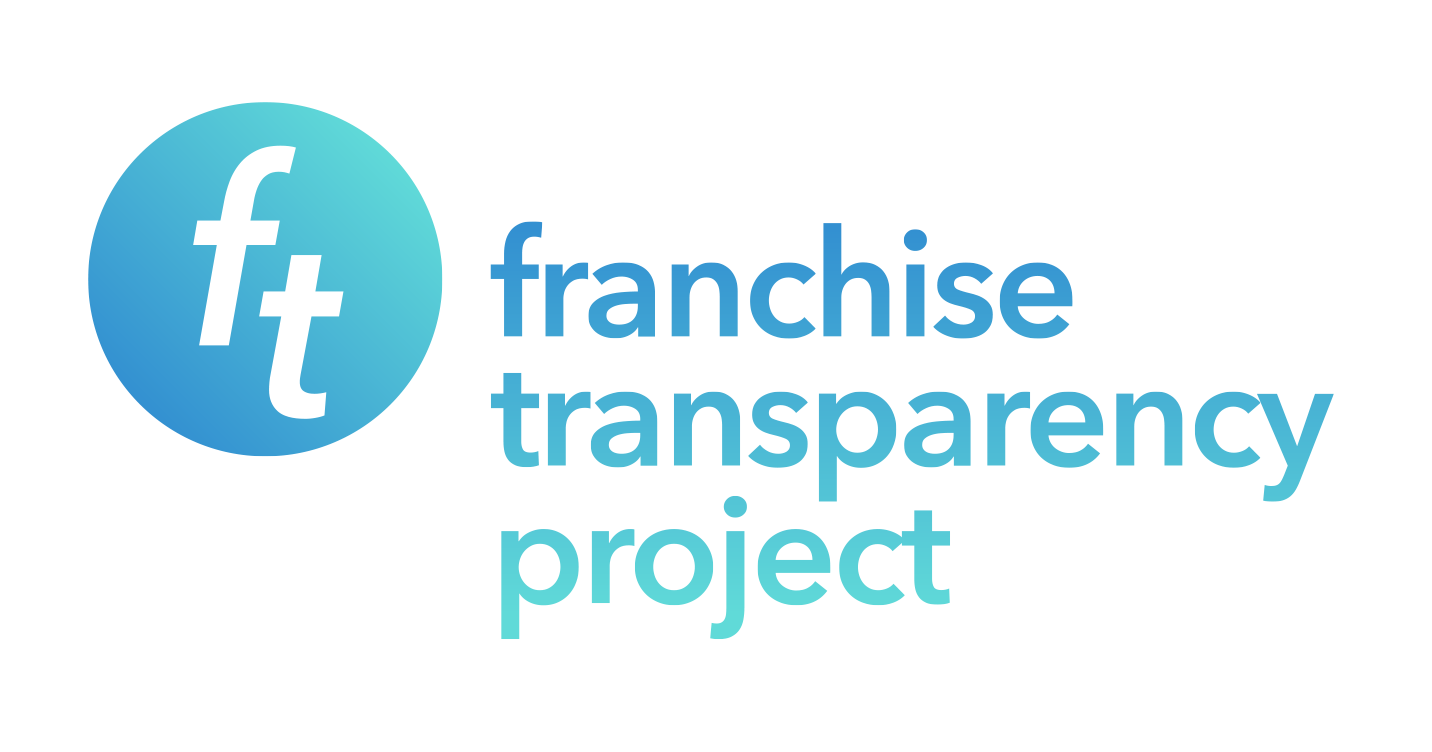
Everyone has the dream of owning their own business one day but never try to start their own business.
The task of starting a business from the ground up is daunting, not to mention risky.
Franchising is an opportunity to become a business owner without having to build a company and brand from scratch.
Franchising Explained
A franchise is a business model in which an individual or organization acquires the right to market products and services of a larger company.
The larger company grants certain rights and privileges to the individual/organization to operate as an independent business but at the same time aligning with the larger company’s standards and systems.
UPS, McDonald’s, and Waffle House are all examples of franchises where they are treated as separate businesses under one parent company.
Franchise vs Independent Business: What’s the Difference
The main difference between a franchise and an independent business is the ownership and control of the business.
The franchisor retains some degree of control over how the franchisee operates the business and charges royalties. Independent business is owned and operated entirely by an individual or group without any affiliation with a larger organization or brand. The owner has complete control over all aspects of the business, from the products or services offered to the marketing and operational strategies used.
The key difference between a franchise and an independent business is the level of control and support the owner receives from a larger organization, and the trade-off between that support and the potential limitations on the owner’s autonomy.

Advantages over Independent Businesses
Whether a franchise is better than an independent business depends on various factors, such as personal preferences, resources, goals, and risk tolerance.
Here are some potential advantages of franchising over independent businesses:
- Brand recognition: One of the most significant benefits of franchising is that the franchisee can leverage the brand recognition of an established and well-known brand. This can help the franchisee to attract customers more easily than an independent business would.
- Proven business model: Franchisors usually have a proven business model with standardized operating procedures, marketing strategies, and training programs. This can help franchisees to minimize the risks associated with starting a new business from scratch and can reduce the learning curve for running a successful business.
- Training and support: Franchisors typically provide training and support to their franchisees, including site selection, lease negotiation, equipment and inventory purchasing, marketing, and ongoing operational support. This can help franchisees to get up and running faster and more efficiently than an independent business owner would.
- Access to financing: Franchisees may have an easier time obtaining financing, as lenders often view franchises as less risky than independent businesses due to the established brand and proven business model.
- Economies of scale: Franchisees may benefit from economies of scale by leveraging the purchasing power of the franchise network for supplies, equipment, and other operational expenses.
Franchising offers a lower risk option for individuals looking to start their own business, and can provide them with the benefits of an established brand, proven business model, and support from the franchisor.
See if you qualify for financing from the SBA for approved franchises.*
*No impact to your credit score. For informational purposes only.
Of course, it is important to carefully evaluate the franchise opportunity before making a decision.
Where Independent Businesses Gain the Upper Hand
Here are some potential advantages of an independent business over a franchise:
- Greater flexibility and autonomy: An independent business owner has complete control over all aspects of the business, from the products or services offered to the marketing and operational strategies used. This can provide more flexibility to adapt to changing market conditions, customer needs, or personal preferences.
- Lower start-up costs and fees: Starting an independent business can be less expensive than buying a franchise, as there are no franchise fees or royalties to pay. The owner can also make decisions about where to allocate resources without having to adhere to the franchisor’s requirements.
- No ongoing royalties or restrictions: An independent business owner is not required to pay ongoing royalties or fees to a franchisor, and is free to make decisions about expanding or modifying the business without restrictions from the franchisor.
Starting an independent business also comes with its own set of challenges and higher risk.
How to Choose Between Franchise or Independent Business?
Deciding whether to start a franchise or an independent business is a decision that requires careful consideration.
To make it easier on yourself first, define your goals, skills, and aspirations before evaluating options.
What are you looking to get out of this new venture?
Once you’ve clearly defined your goals, research all the opportunities that meet your criteria and compare them using a franchise evaluator. Here’s a link to our custom franchise evaluation method.
When making a big decision like changing careers, it’s always best to speak with someone who’s done it before. Speak with an owner a local franchise you visit or get in touch with our small team.
We evaluate franchise concepts for free and can show you how to evaluate franchises for growth.








